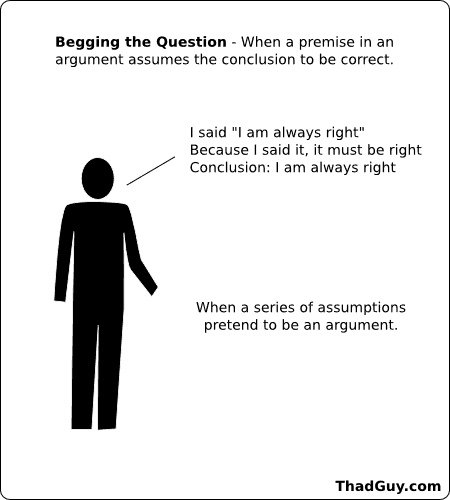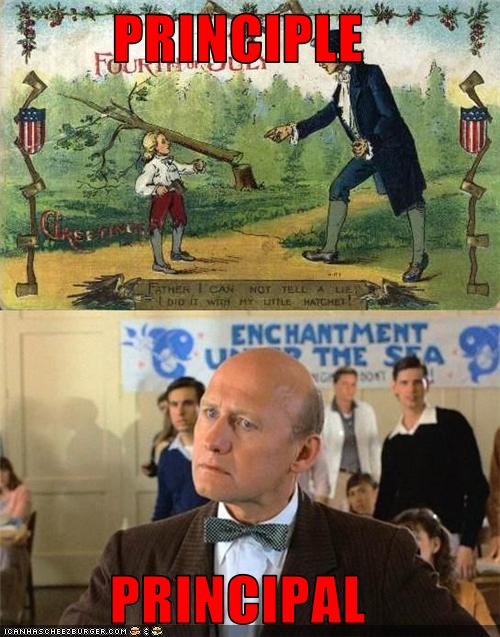!['PiratesPopCulture' by Superdantastic (Themed) [Public domain], via Wikimedia Commons 450px-PiratesPopCulture](http://crypticphilosopher.com/wp-content/uploads/2012/08/450px-PiratesPopCulture-225x300.jpg)
This picture of two guys dressed as pirates won’t make any sense unless you read the entire post.
Pepsi started a
crowdsourcing campaign on Monday called “Dub the Dew,” where it asked consumers to submit suggestions for the name of a new flavor of Mountain Dew. (For my part, I’ve never been sure what regular Mountain Dew is supposed to taste like, other than a precursor to a stomachache. But I digress.) The company said that the new flavor would have “green apple attitude.” On the 21st-century internet, something that doofy could not be allowed to stand, so 4chan (or possibly Reddit) took up the cause. In less than a day, the campaign was over, as Pepsi said that
“Dub the Dew definitely lost to The Internet.”
At the time Pepsi stopped the campaign, the leading candidates for the flavor name (remember the “green apple” theme) were “Hitler did nothing wrong,” “Gushing Granny,” and (my favorite) “Fapple.”
Internet trolls – 1, tired old corporation – 0
Before the denizens of that particular dark corner of the interwebz get too self-congratulatory, I posit that the citizens of Austin did one better last year. The city wanted to re-brand its Department of Solid Waste Services, so it asked for input from the community. The “Keep Austin Weird” community. See where this is going?
Officials with Austin’s Solid Waste Services expected to receive offbeat ideas when they asked residents to suggest a new name for the city department.
They didn’t expect the top online vote-getter to be Fred Durst Society of the Humanities and Arts , followed by, among others, Ministry of Filth , Hufflepuff , Lemon Party and Keep Austin Wasted.
The Fred Durst Society of the Humanities and Arts ultimately received more than 29,000 votes, but it was hardly the only, uh, interesting one.
Within hours, submittals were flooding the servers – witty entries like Fostering Energy Conservation and Ecological Sanitation, or FECES, and Austin Sustainability Services, or ASS, are a representative sampling of the dozens of anally fixated entries from users apparently under the illusion that SWS handles human solid waste, not trash. Another inspired submission was Get Our Austin Thoroughly Sanitized Everyone, or GOATSE – so named for the infamous Internet shock photo that, once seen, can’t be unseen. That entry has since been pulled, but as of this writing, Lemon Party – so named for another NSFW meme – is sitting pretty in fifth place.
But then there’s first place, and from this sea of puerile ass-hattery, “Fred Durst Society of the Humanities and Arts” stands out. You could call it a backhanded compliment – but bear in mind, it’s named for the frontman of a band that emerged from a giant toilet bowl on its first major tour. Kyle Hentges, the 24-year-old Austinite who initially suggested the society, e-mailed the Hustle, attaching a video clip he calls “part of his inspiration”: a mash-up of crunk diva Ke$ha’s autotune abortion “TiK ToK” cut with several of Durst’s Limp Bizkit singles, the aural equivalent of a Four Loko blackout bender.
I proposed an acronym that spelled out “POOPIE,” but I can’t remember what it stood for.
Once voting closed, Fred Durst had 29,796 votes, more than 27,000 more than the second-place finisher. At that point, the final decision was up to the city. That was in February 2011. As of right now, in August 2012, the city department is called Austin Resource Recovery, or ARR. Presumably this is due to our city’s love of pirates, of which I knew nothing until just now.
Photo credit: ‘PiratesPopCulture’ by Superdantastic (Themed) [Public domain], via Wikimedia Commons.
 A recent Doctor Who episode, “A Town Called Mercy,” featured a character who described a war that “decimated” more than half his planet. Something about that seemed mathematically problematic, so I thought I might investigate what “decimate” actually means. As it turns out, the Doctor Who character had it both right and wrong.
A recent Doctor Who episode, “A Town Called Mercy,” featured a character who described a war that “decimated” more than half his planet. Something about that seemed mathematically problematic, so I thought I might investigate what “decimate” actually means. As it turns out, the Doctor Who character had it both right and wrong.

!["Gerbil close-up face" by Dan Foy from Nottingham, England [CC-BY-2.0 (http://creativecommons.org/licenses/by/2.0)], via Wikimedia Commons 320px-Gerbil_close-up_face](http://crypticphilosopher.com/wp-content/uploads/2012/09/320px-Gerbil_close-up_face-300x225.jpg) My great-grandfather worked every day of his life, starting at the age of seven, and never owned a pair of shoes. By the time he was fifty, he had amassed a fortune of $1,000, which for the 1890’s would be worth about $100 billion today.
My great-grandfather worked every day of his life, starting at the age of seven, and never owned a pair of shoes. By the time he was fifty, he had amassed a fortune of $1,000, which for the 1890’s would be worth about $100 billion today.!["EgyptianA-01" by Unicode script proposal for Basic Egyptian Hieroglyphs, http://www.dkuug.dk/JTC1/SC2/WG2/docs/n1944 en.wiki: en:User:Nohat . Vectorization: Chabacano [Public domain], via Wikimedia Commons 500px-EgyptianA-01.svg](http://crypticphilosopher.com/wp-content/uploads/2012/09/500px-EgyptianA-01.svg_-300x300.png) A discussion on Facebook not too long ago addressed how to use indefinite articles with abbreviations. Specifically, the question involved the abbreviation “FB” in place of “Facebook.” Should one write “a FB friend” or “an FB friend”?
A discussion on Facebook not too long ago addressed how to use indefinite articles with abbreviations. Specifically, the question involved the abbreviation “FB” in place of “Facebook.” Should one write “a FB friend” or “an FB friend”?

 This is my first post done by request. Clearly my power is growing…
This is my first post done by request. Clearly my power is growing… Believe it or not, these two words are
Believe it or not, these two words are !['PiratesPopCulture' by Superdantastic (Themed) [Public domain], via Wikimedia Commons 450px-PiratesPopCulture](http://crypticphilosopher.com/wp-content/uploads/2012/08/450px-PiratesPopCulture-225x300.jpg)
!['Capitol in Austin Texas at Night' by Eric Hunt (Own work) [GFDL (http://www.gnu.org/copyleft/fdl.html), CC-BY-SA-3.0 (http://creativecommons.org/licenses/by-sa/3.0/) or CC-BY-2.5 (http://creativecommons.org/licenses/by/2.5)], via Wikimedia Commons 328px-Capitol_in_Austin_Texas_at_Night](http://crypticphilosopher.com/wp-content/uploads/2012/08/328px-Capitol_in_Austin_Texas_at_Night.jpg)
 Here’s a goof I see all the time. It doesn’t help that the two words are pronounced the same and only differ by two letters, but they have
Here’s a goof I see all the time. It doesn’t help that the two words are pronounced the same and only differ by two letters, but they have